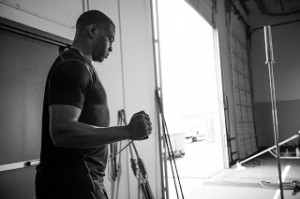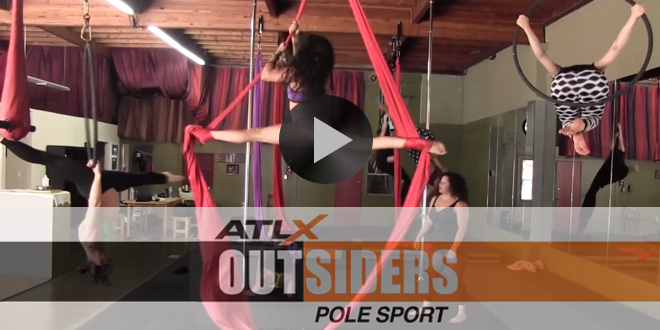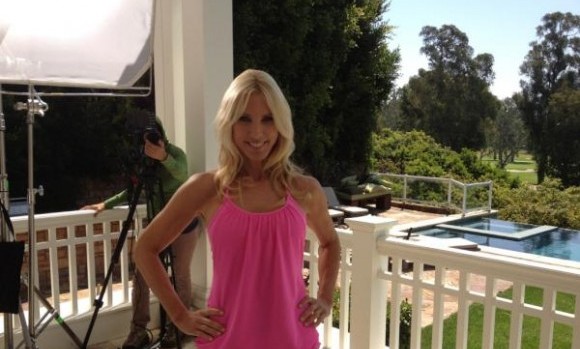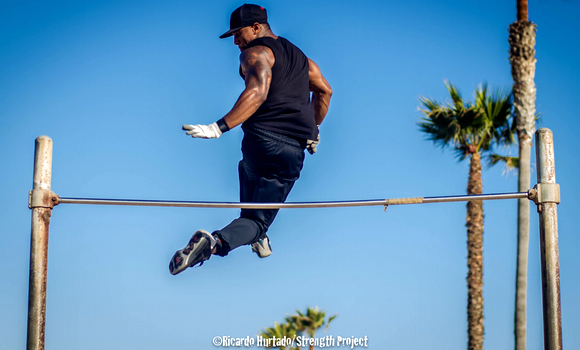By: Morgan Urtso
“Sports psychology is a subgroup of the field of psychology that applies the theory, the principles, and the strategies used in clinical and counseling psychology, to sports, to athletes, and coaches.” -Dr. Jim Taylor

Dr. Jim Taylor said that because sports psychology originated in physical education, sports science and kinesiology, it’s very specific to athletic needs and development. So it makes sense that he is best known for his expertise in that field. Dr. Taylor was an athlete himself, and utilizes that shared passion with his clients to help them reach the same goals he reached and obstacles he overcame as well.
“I was a high-level ski racer in my younger years, and at the time I was quite good. I was about 40th in the nation in slalom. But I was… a headcase or a mindjob. That is, my head got in the way of my ski racing. I got very nervous before races, I didn’t have a lot of confidence in myself.”
Sinking beneath these mental pressures made him curious to learn where they came from, so he enrolled in a sports psychology course at a nearby college. He walked away with incredible results. His whole mindset changed, he went into every race truly believing he would win, and he jumped up to the top 20 in the nation, even competing well internationally.
Now, Dr. Taylor is a certified karate instructor with a second-degree black belt. He is also a marathon runner. Oh, and he’s an Ironman. No big deal.
 His empirical investigations of the power of sports psychology were enough to lock him in for good. He’s now a globally recognized expert in the field, speaking internationally on his practice, authoring or lead editing 14 books, publishing over 700 articles in scholarly and popular texts, and performing over 800 workshops worldwide.
His empirical investigations of the power of sports psychology were enough to lock him in for good. He’s now a globally recognized expert in the field, speaking internationally on his practice, authoring or lead editing 14 books, publishing over 700 articles in scholarly and popular texts, and performing over 800 workshops worldwide.
Dr. Taylor’s interests peak at a few locations across the consulting spectrum: sports psychology, coaches’ education, injury rehabilitation and popular culture, to name a few. He has traveled nationwide to work with school athletic programs, sports teams, coaches, parents of athletes, and individual athletes themselves. To that same token, he says sports psychology is gaining momentum within professional teams as their expertise has become increasingly important.
 “I think more and more, as the pressures become greater, as the level of performance gets higher and higher, there is going to be a need for competent sports psychologists,” Dr. Taylor said. “Because what’s become very clear now is that in any sport, at the highest level, the level of performance is incredible. The athletes are so close in so many ways, that ultimately what allows one athlete to succeed to win on the day of their Olympic event, or in the world series, is not their physical capabilities, it’s not their equipment, it’s do they have the mental capabilities? So [sports psychology] is really the final piece of the puzzle.”
“I think more and more, as the pressures become greater, as the level of performance gets higher and higher, there is going to be a need for competent sports psychologists,” Dr. Taylor said. “Because what’s become very clear now is that in any sport, at the highest level, the level of performance is incredible. The athletes are so close in so many ways, that ultimately what allows one athlete to succeed to win on the day of their Olympic event, or in the world series, is not their physical capabilities, it’s not their equipment, it’s do they have the mental capabilities? So [sports psychology] is really the final piece of the puzzle.”
And sports psychology is a whole separate puzzle, itself. Dr. Taylor serves up the most common obstacles athletes are facing mentally, and how to combat them:
On strategies for sports performance:
“The single most effective strategy I found for dealing with the physical and mental challenges of sport is preparation. There’s simply no substitute. When I work with athletes who have a specific athletic goal, I want them to be able to say when they get to the start, ‘I’m prepared as I can be to achieve my goals.’”
On how much an athlete’s personality affects their performance:
“I focus more on psychological attributes, for example motivation, confidence, intensity, focus and emotions, and mental skills than personality. Because psychological skills and mental tools are within athletes’ control”
On intrinsic motivation:
“Intrinsic motivation for most athletes should be the only reason to be out there.” Dr. Taylor went on to say that even athletes who have extrinsic motivations, like money and fame, have a drive that comes from within. And when it comes to younger athletes, parental extrinsic motivations can range from helpful to destructive, so parents should be mindful of how much pressure and incentive they put on their kids.
 On how to best manage emotions:
On how to best manage emotions:
“The first thing is to accept that all emotions are normal and healthy parts of the sports experience. Second, to explore the cause of the emotions. I believe that all emotions, especially the negative ones, tell us something about what’s going on in our lives. We should consider those competitive emotions after an event and examine what they mean to us.”
On preventing overtraining and burning out:
“I often work with athletes who are incredibly motivated. Too far or too hard isn’t far or hard enough, and recovery, well that’s just for wimps. Ultimately these athletes often end up injured or burned out.”
Dr. Taylor encourages mandatory rest days and for athletes to listen to their body.
“When you’re usually very motivated but on any given day you feel tired and sluggish, you’ll gain more from taking the day off or doing a very light workout than trying to grind through a really hard workout”
 On overthinking:
On overthinking:
“The danger of overthinking is when thinking shifts from process, that is, ‘what can I do to maximize my performance?’, to outcome, ‘what if I win, what if I lose or don’t finish or get beat by a competitor?’ Overthinking about outcome causes anxiety, distraction and doubt”
On past defeats:
Dr. Taylor says to focus on lessons learned. After a day or two, the bad feelings need to pass. Then you should be able to ask yourself what went wrong and apply that lesson to future competitions and training.
 ATLX The only sports entertainment television and digital media network fully devoted to everyday athletes, athletic lifestyle and athletic culture.
ATLX The only sports entertainment television and digital media network fully devoted to everyday athletes, athletic lifestyle and athletic culture.




